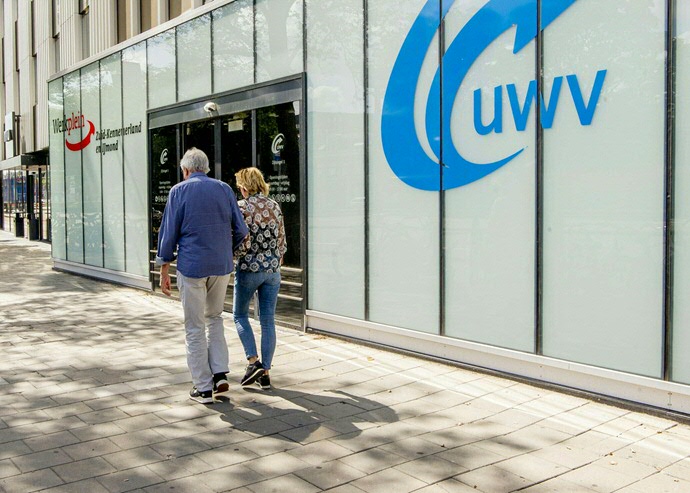Fraud Act does not lead to stricter implementation of social insurance rules

There are huge discrepancies in the way that social services and UWV WERKbedrijven (the work placement branches of the Employee Insurance Agency) enforce the rules for social insurance. These are the findings of research carried out by Paulien de Winter, who studied the enforcement of the conditions for receiving benefits at three social service organizations and two branches of UWV WERKbedrijven. Staff were found to apply the rules and respond to violations in very different ways. De Winter will be awarded a PhD by the University of Groningen on 11 July.
A strict approach to benefit fraud has been high on the political agenda for several years. Everyone is opposed to benefit fraud, and investigations into this and the fines resulting from them generate good results. But what goes on inside the implementation agencies? How do staff deal with the rules and the people who receive benefits? De Winter, legal sociologist in the Faculty of Law at the University of Groningen (UG), looked into how the rules and regulations are enforced. ‘I did not examine the legislation itself, just how it works in practice.’ Her research gives a peek behind the doors of the interview rooms.
More rules, more leeway
2013 saw the introduction of the Social Affairs and Employment (Stricter Enforcement and Sanctions) Act (Wet aanscherping handhaving en sanctiebeleid SZW-Wetgeving), commonly known as the ‘Fraud Act’. De Winter shows that strict regulations do not necessarily result in strict enforcement. ‘You can have endless discussions about how literally a rule should be applied,’ explains De Winter. This is her standpoint: the more rules you have, the more room there is to read between the lines. ‘What I mean is that one rule can sometimes exclude another, and staff will usually choose the one that is the most effective. But I also mean that a package of rules laid down by the powers that be often have an adverse effect. Staff put up resistance. “We have a better idea of what works in practice,” is the thinking.’ A good example of different interpretations of the same rule was found at the branches of UWV WERKbedrijven being studied. At one of the branches, the rule stating that clients must apply for a job four times per four weeks was interpreted quite literally. If someone applied for six jobs in the first four weeks and two in the second, a sanction was imposed. The other branch was of the opinion that the recipient of the benefit had applied for enough jobs on average.
Differences between Municipalities and the UWV
Although both Municipalities and the UWV are creative, there are definitely differences between the two organizations in practice. ‘The UWV deals with more clients who think that they are entitled to unemployment benefit, for example, because ‘they’ve paid for it’. And the UWV has laid down more formal rules. A Municipality has more resources to promote reintegration, for example, through courses, workshops and individual funding. They can compile individual action plans for their clients.’ De Winter has noticed that this can lead to huge discrepancies. Some implementation agencies will pay for new tyres for a client’s car, for example, because this is the only way that they can get to their new job. While another agency is much stricter and feels more accountable because ‘it is taxpayers’ money’. This is how De Winter illustrates the dilemmas being faced. ‘Sometimes, a staff member should enforce a rule but chooses not to in the interests of a good relationship with the client, preferring to build trust with a view to the future.’
Commitment
‘The people implementing these rules often have a negative image,’ says De Winter. ‘They are either too strict or too soft. But the thing that I noticed was how proud these people are of what they do, their commitment to their work and their determination to do their best for others. They too become ensnared in the rules. Everyone is looking for their own way to help their clients to move forward.’
Five temporary jobs
De Winter shadowed the Municipalities and the UWV for 11 months. She spent two to three months working full-time at each organization. ‘I suppose you could say that I started five new jobs,’ claims De Winter. She attended meetings between public servants and clients, interviewed staff, joined a social investigator on home visits, analysed files and attended team meetings. This intensive working method enabled her to get an accurate picture of the organizations that she was studying. De Winter spoke to 70 members of staff.
De Winter conducted her research thanks to financial support from the Gak Institute.
More information
More news
-
08 December 2025
Colourful Characters: Bert Röling
